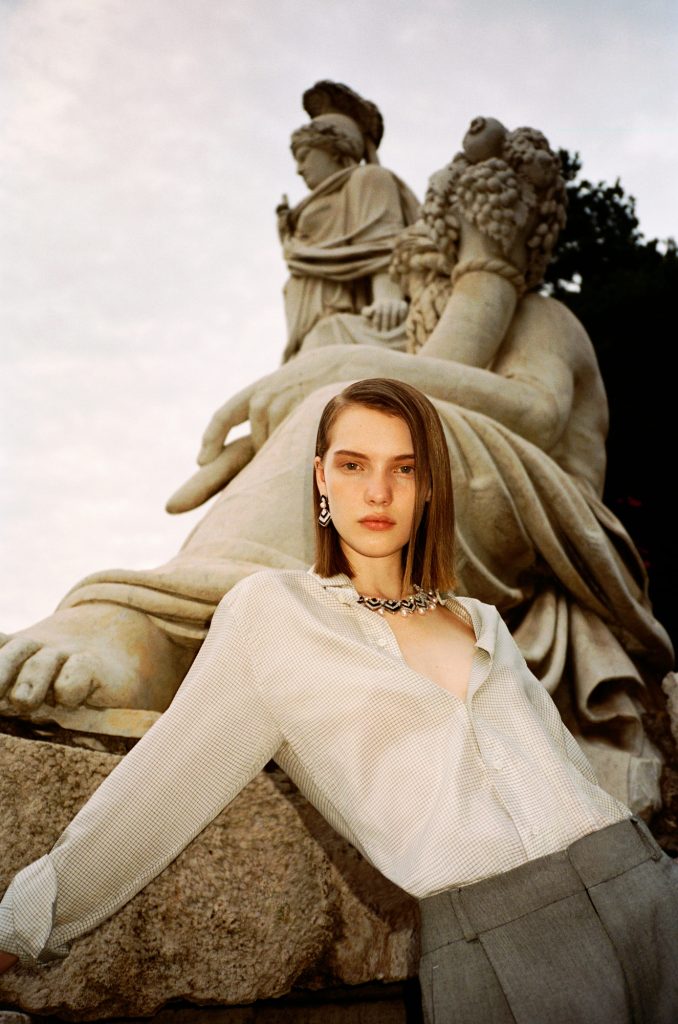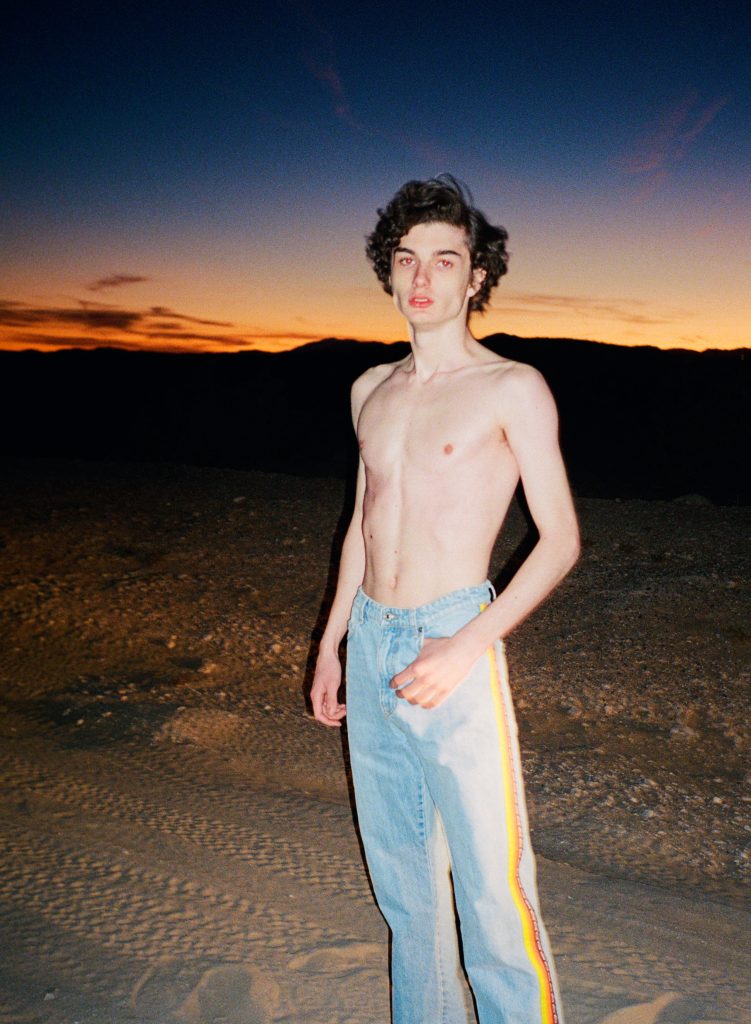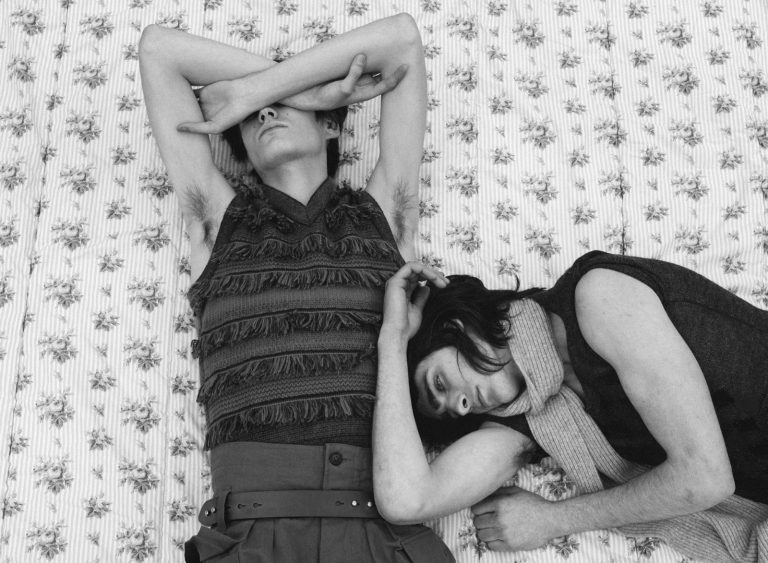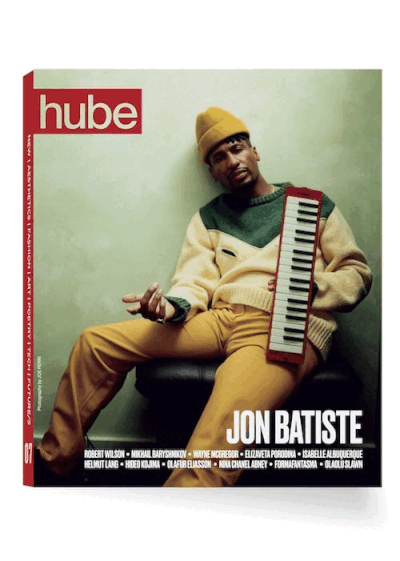

In an age where technology continuously redefines artistic boundaries, photography remains a testament to timeless beauty and personal expression. Alessio Boni invites us into the heart of a photographer’s journey, exploring how classic techniques and inspirations converge to create a unique visual language, full of emotion and dedication.
hube: With the constant evolution of photography and new technologies, how do you stay updated and integrate new tools into your creative process?
Alessio Boni: I think photography is really evolving like video, for example. The evolution of photography already happened when Photoshop stepped in. Yes, we have crazy precise and ultra-high-definition new cameras and lenses, and post-production has also gotten really advanced. But at the end of the day, photography itself is staying pretty classic, and people look at that classicism much more now than they did, for example, in the first 15 years of the 2000s. In fact, the most loved and followed photography is the analog ‘film’ one and not an over-retouched one. So to me, staying updated is more about looking at where photography is taking place in the art world, for example, the message you’re trying to convey or what you want to provoke. A simple good idea makes a better image than a lot of technological equipment.
For my fine art, I use a lot of different tools that are not so directly related to photography: water, pigments, paint, and yes, digital manipulation, but the final result is not so close to a classic photograph. So for me, photography will always be classic and about a moment and a personal exploration of a matter. Otherwise, it is AI, but at that point, we will not be talking about photography anymore. And what lies in between is not really my taste.
h: What or who has been a significant source of inspiration for your work, and how do you translate those influences into your unique visual language?
AB: This is a hard list to make as I believe our brain and soul are like sponges that absorb pretty much anything we are subjected to. For me, it’s always the ancient ruins and statues in Rome, certain past and present movies that move my mind, other artists, a dance performance, a place you contemplate. Even the sky sometimes can give you good ideas!
h: If you had the chance to capture a single moment in history, past or future, what would it be and why?
AB: Maybe the twin towers attack in New York. It was a turning point in modern history that we all watched, speechless. In the end, I ended up living in New York and stayed there for 17 years. So it may also be that.

